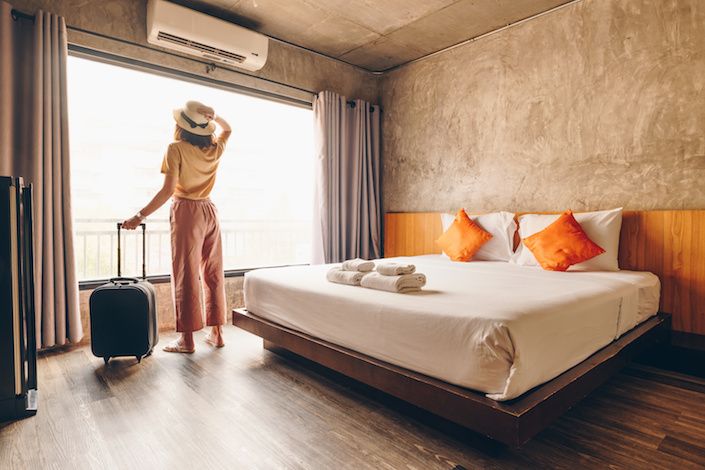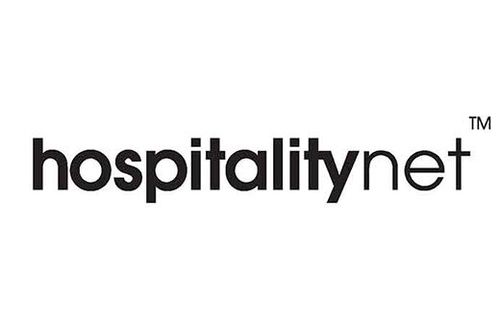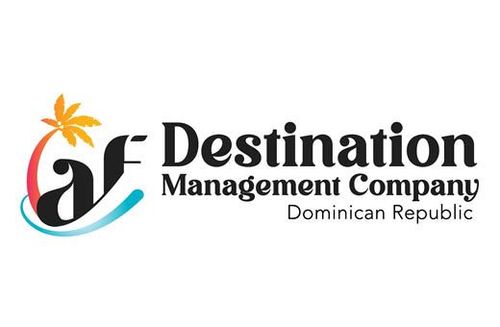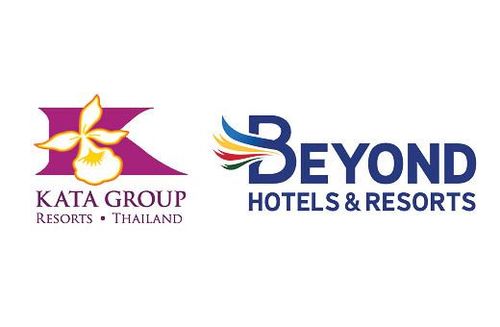Where travel agents earn, learn and save!
News / What hotel guests really want: It might surprise you
You don't need the resources of a large global brand or chain to take the steps that will keep your guests coming back for more

What do hotel guests really want from the hotels they frequent? And what are they willing to pay more for? As we collectively move beyond the challenges presented by the pandemic, hoteliers view these questions with renewed interest. Not only has the industry changed, but the world at large has changed. So what does that mean? Surely, travel behaviors have changed to adapt to the new normal, and what guests want from hotels today might be different.
Guests now crave a more customizable experience that is highly adaptable to the world's changing tides and, of course, their individual lives. They want hotels to work with them, not against them, and to understand the complexities of their desires and schedules – and they are willing to pay more for it. A study by Deloitte revealed that customers are willing to pay 20% more than standard equivalents for customized products and experiences.
Accordingly, hoteliers have been on the hunt for technologies to help them meet these emerging guest needs and leapfrog their competitors. Many experts argue that the key to this is simplifying and automating processes by consolidating legacy systems with a single all-in-one hotel platform.
Out with the Rigid, in with the Flexible
Gone are the days of rigid booking policies – or, at least, they should be. Guests today crave increased autonomy over their experience, including flexible booking, cancellation, and check-in policies. And if you’re an independent operator, there’s the added pressure of creating convenience that can compete with big players with big budgets.
That is where modern technology that ensures that flexible policies are, quite literally, baked into their operational infrastructure comes into play.
Unlike static traditional hotel systems, a next-generation property management system will automatically recognize bookings that are eligible for early check-ins, late checkouts, and flexible extensions. At the same time, that platform can showcase available options and upgrades to guests in real-time to effectively boost last-minute unsold rooms and revenues. This helps mitigate the logistical nightmare of no-shows and last-minute cancellations while optimizing revenue and ensuring guests feel seamlessly supported by the hotel they’ve chosen for their next stay. In fact, we’ve estimated that hotels can increase their occupancy by 30% by incorporating flexible bookings into their hotel.
Moreover, with flexible booking technology, hotels are better positioned to retain bookings that may otherwise be lost, as guests will feel motivated to capitalize on alternatives to cancellations or make future bookings. After all, offering early check-in, late checkout at discounted prices will help to convert occasional guests to returning guests. Empowering guests to design the stay that suits their needs will delight them and delight your bottom line.
Contactless Service is Here to Stay
Contactless and touch-free have become the buzzwords of the year. Of course, the pandemic acted as a critical catalyst to adopting this self-service technology, but this transition was already well on its way. Self-service technology offered via smartphones, kiosks, and iPads is not just about convenience but also about safety.
Fortunately, the rise of contactless automation and self-service favors hotels currently grappling with heightened service expectations amid an industry-wide labor shortage. For many hotels, maintaining brand standards to scale will be impossible without the support of self-service technology and contactless automation that help to alleviate much of the operational load formerly placed on staff. This empowers hospitality staff to forge more meaningful, focused connections with guests while hotel brands look to rebuild their teams.
At the same time, contactless tech offers guests another helping of their favorite service ingredient: flexibility. Not every guest will opt for mobile check-in/out, concierge, or payments, but those guests will benefit from more engaged hotel staff, while guests who prefer a contactless experience have that option available. And for the record, the desire for a mobile experience isn’t expected to dissipate anytime soon. In fact, even as far back as 2015, 60% of hotel guests said they are more likely to book with a hotel that allows guests to self-check-in with their mobile device than a hotel that requires in-person, physical check-in. Moreover, according to Guestcentric, mobile booking nearly doubled from 2020 to 2021, going from 27% to 40%.
The takeaway is simple in theory but undeniably impactful in practice – it’s time for hoteliers to allow guests to interact with their property and staff entirely on their terms. The power of choice is a key differentiator in the modern hospitality landscape. Technology that enables seamless, automated flexibility helps to simultaneously boost opportunity for the personalization and convenience that guests crave. In a world where the unmet needs of consumers can result in the public demise of a brand, not offering a flexible customer experience is, essentially, playing with fire. In this sense, hotels that prioritize flexibility prioritize the guest experience, and these are the hotels that will thrive well into the future.









